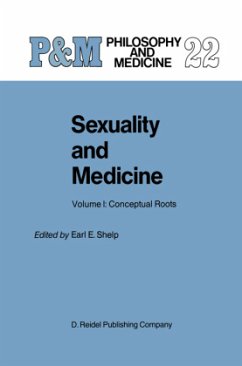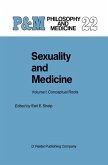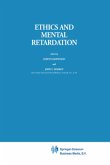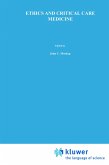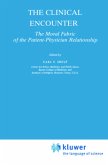When confronted by the concerns of human sexual function or dys function, American medicine finds itself well impaled on the horns of a dilemma. Currently it is acceptable medical practice to treat sexual dysfunctions, disorders, or dissatisfactions that arise from psy chogenic etiologies, endocrine imbalances, neurologic defects or are side effects of necessary medication regimes. In addition, implanta tion of penile prostheses in cases of organic impotence is an increas ingly popular surgical procedure. These clinical approaches to sexual inadequacies, accepted by medicine since 1970, represent one horn of the dilemma. The opposite horn pictures the medical profession firmly backed into a corner by cultural influences. For example, when hospital admissions occur, a significant portion of the routine medical history is the section on system review. A few questions are asked about the cardio-respiratory, the genito-urinary, and the gastro-intestinal sys tems. But in a preponderance of hospitals no questions are permitted or, if raised, answers are not recorded about human sexual functioning. Physicians tend to forget that they are victims of cultural imposition first and of professional training a distant second.
Hinweis: Dieser Artikel kann nur an eine deutsche Lieferadresse ausgeliefert werden.
Hinweis: Dieser Artikel kann nur an eine deutsche Lieferadresse ausgeliefert werden.
`Good-quality paper and typesetting, a useful index, and pertinent bibliographies for each chapter make for comfortable and interesting reading. No hospital library can afford to be without a copy.'
Journal of the American Medical Association
Journal of the American Medical Association
`Good-quality paper and typesetting, a useful index, and pertinent bibliographies for each chapter make for comfortable and interesting reading. No hospital library can afford to be without a copy.'
Journal of the American Medical Association
Journal of the American Medical Association

